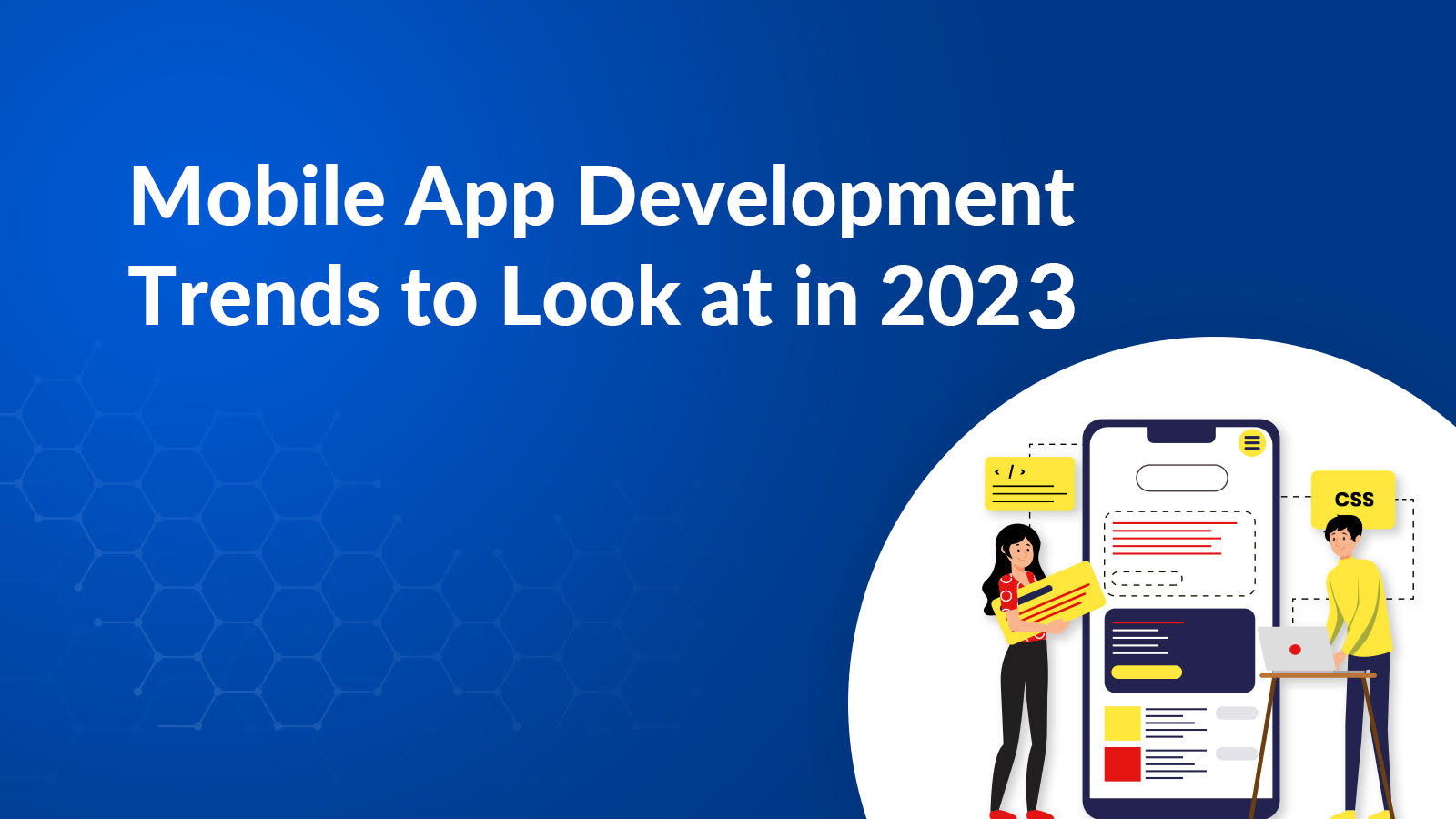1. 5G Integration:
- The widespread adoption of 5G technology will enable faster download speeds and reduced latency, opening up new possibilities for mobile apps. Expect apps with richer content, higher-quality video streaming, and real-time interactions.
2. Augmented Reality (AR) and Virtual Reality (VR):
- AR and VR apps will become more prevalent, especially in areas like gaming, education, healthcare, and e-commerce. These technologies offer immersive and interactive experiences.
3. Artificial Intelligence (AI) and Machine Learning (ML):
- AI and ML will continue to enhance mobile apps in various ways. Expect smarter chatbots, personalized recommendations, and improved voice and image recognition capabilities.
4. Internet of Things (IoT) Integration:
- Mobile apps will play a central role in managing IoT devices, such as smart homes, wearables, and connected cars. Users will have more control over their IoT ecosystems through mobile apps.
5. Voice User Interface (VUI):
- With the growing popularity of voice-activated devices like smart speakers, VUI will be integrated into more mobile apps, making them accessible through voice commands.
6. Progressive Web Apps (PWAs):
- PWAs offer a hybrid experience, combining the best of web and mobile apps. They are becoming more popular due to their speed, responsiveness, and cross-platform compatibility.
7. Edge Computing:
- Edge computing will process data closer to the source, reducing latency and enhancing real-time interactions in mobile apps.
8. Mobile Wallets and Digital Payments:
- As mobile payments become increasingly popular, apps will integrate more payment options, loyalty programs, and digital wallet features.
9. Privacy and Data Security:
- Data privacy and security concerns are growing. Mobile apps will need to focus on protecting user data, with more transparent privacy policies and enhanced security measures.
10. Biometric Authentication:
- Biometric methods like facial recognition and fingerprint scanning will continue to be integrated into mobile apps for enhanced security and convenience.
11. Cross-Platform Development:
- Cross-platform app development frameworks like Flutter and React Native will gain more traction, making it easier to develop apps for multiple platforms simultaneously.
12. Health and Wellness Apps:
- Health and wellness apps, including mental health and fitness apps, will continue to see growth, with more advanced features and tracking capabilities.
13. Sustainability and Eco-Friendly Apps:
- Apps focused on sustainability and eco-friendliness will gain popularity, encouraging sustainable practices and responsible consumption.
14. 3D and Gamification:
- Mobile gaming apps will incorporate more 3D graphics and gamification elements, enhancing user engagement.
15. Instant Apps:
- Instant apps allow users to access certain app features without installing the entire app. These apps will become more common for quick access to content and services.
16. Blockchain Integration:
- Blockchain technology will find applications in mobile apps, such as secure transactions, digital identity verification, and supply chain tracking.
17. Chatbots and Conversational Interfaces:
- Chatbots and conversational interfaces will be used for improved customer support, personalized interactions, and transaction processing.
As technology evolves, so does the world of mobile app development. Staying up-to-date with these trends is essential for developers and businesses looking to create innovative and competitive mobile applications in 2023 and beyond.




Comments (0)